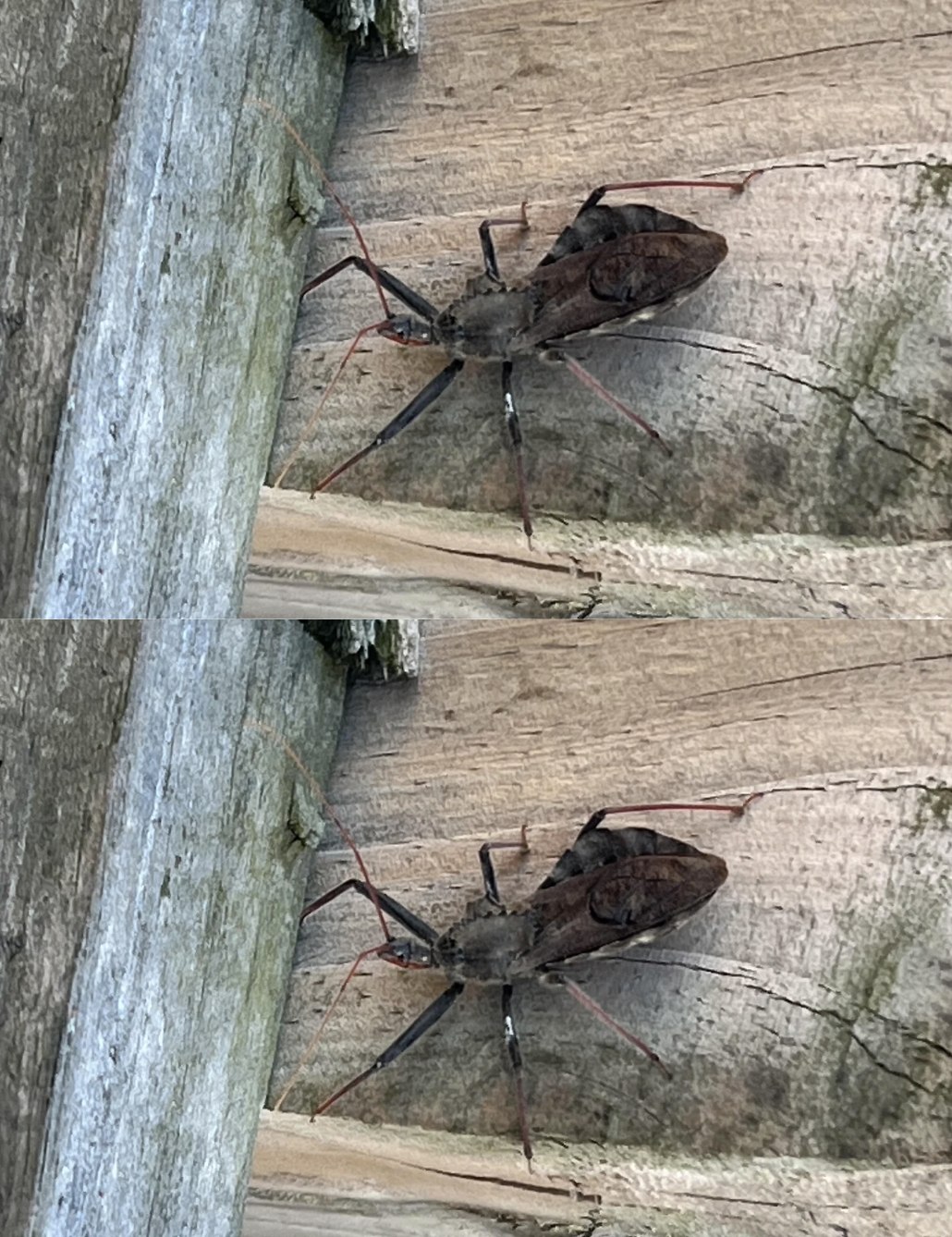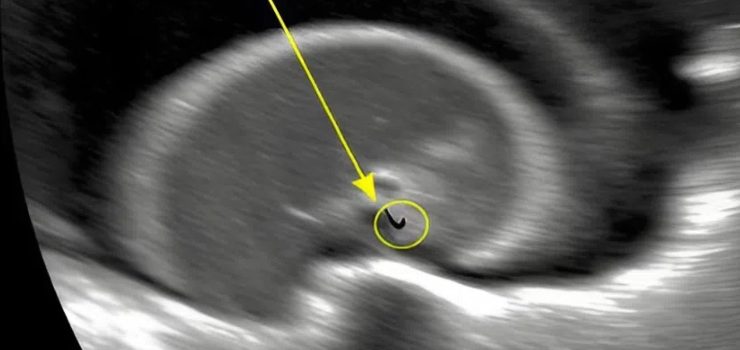Summer is a season many people look forward to, with warm weather, outdoor fun, and vacations, but it also brings an increase in unwanted visitors like ticks, mosquitoes, and an often-overlooked insect called the assassin bug. While many folks might not be familiar with this particular bug, its population is growing across the U.S., and its bite has the potential to cause serious health issues.

The more you know about this insect, the better prepared you’ll be to protect yourself and your loved ones if you ever encounter one. Assassin bugs, also known as “kissing bugs,” feed on the blood of humans and animals in a manner similar to mosquitoes. The danger lies not only in the bite itself but also in what follows—these bugs tend to defecate at the site of the bite, and their feces can carry parasites. If those parasites enter the body through the bite or nearby mucous membranes, it can result in Chagas disease, a potentially deadly illness. What makes Chagas disease especially dangerous is how quietly it can develop. Most people infected with it don’t show symptoms at first, allowing the disease to progress undetected. However, some early warning signs include fever, headaches, skin rashes, fatigue, and vomiting.
While these symptoms can easily be mistaken for other illnesses, the underlying infection may eventually affect the heart and other vital organs if left untreated. That’s why recognizing the risk and acting quickly is so important. Assassin bugs are found throughout much of the United States, though they’re more common in the Southern states where the climate is warmer. They like to live in gardens, under porches, and around woodpiles or debris, but they can also sneak into homes through cracks and gaps. To keep them away, it’s essential to maintain a clean yard by removing leaves, brush, and unnecessary clutter, and to seal any openings that could allow bugs inside your house.
If you think you may have been bitten by an assassin bug, the first thing you should do is seek medical attention immediately. A doctor can order a blood test to determine whether you’ve been exposed to the parasite that causes Chagas disease. The sooner the infection is detected, the easier it is to treat with medication. Delaying medical care could give the disease time to develop and cause long-term complications. Even if you feel fine, it’s better to be cautious and get tested if you suspect a bite. It’s also a good idea to become familiar with what assassin bugs look like so you can spot them easily.
They are usually about an inch long, dark-colored, and have a cone-shaped head. If you find one in or around your home, don’t touch it with your bare hands. Instead, use a container to trap it safely and contact local pest control or your local health department for guidance. The presence of assassin bugs shouldn’t keep you from enjoying the outdoors or relaxing in your garden. Rather, it should encourage you to be more mindful of your surroundings and take simple precautions to avoid contact. Just like we’ve learned to manage the risk of ticks or mosquitoes, we can do the same with assassin bugs through awareness and proper action. Keeping your environment tidy, watching for symptoms, and being prepared to act quickly are all key steps in preventing and managing a potential encounter. Now that you know more about assassin bugs, you’re in a stronger position to protect yourself, your family, and even your pets from the potential threat they pose. A little information goes a long way when it comes to safety, and by staying alert and proactive, you can continue to enjoy all the best parts of summer with confidence and peace of mind.





